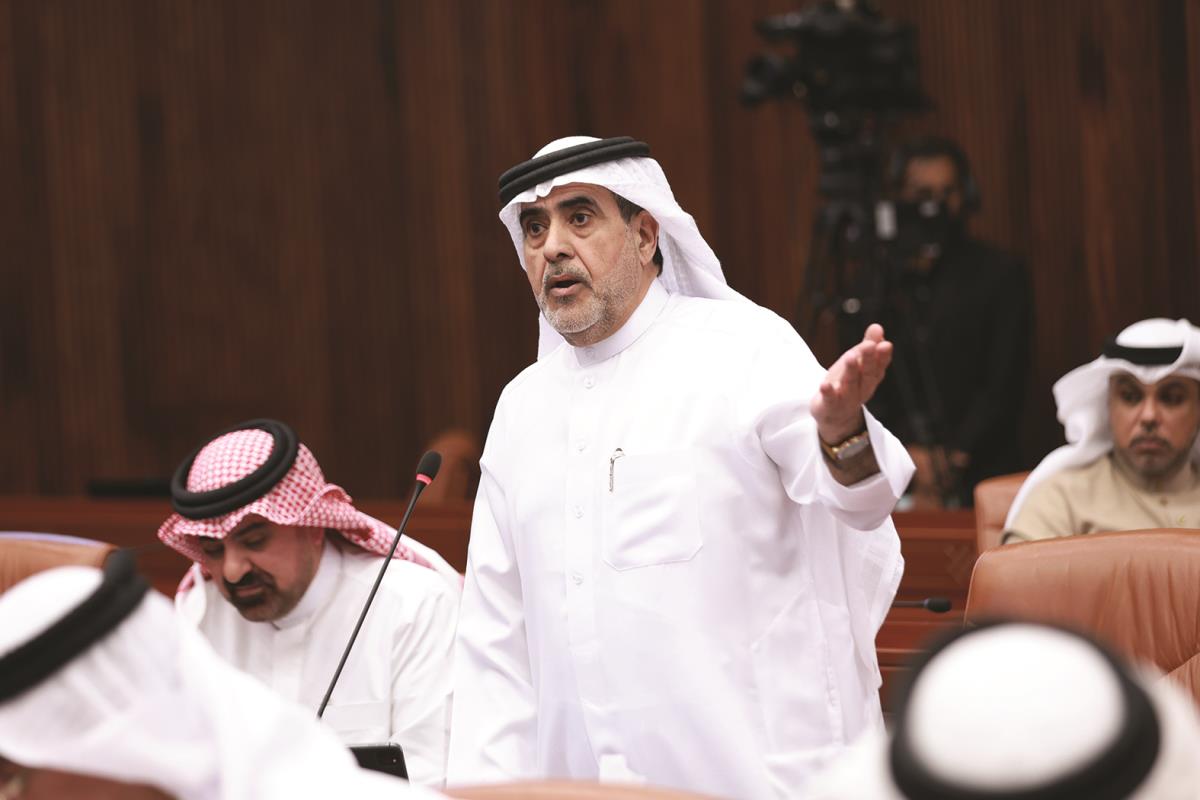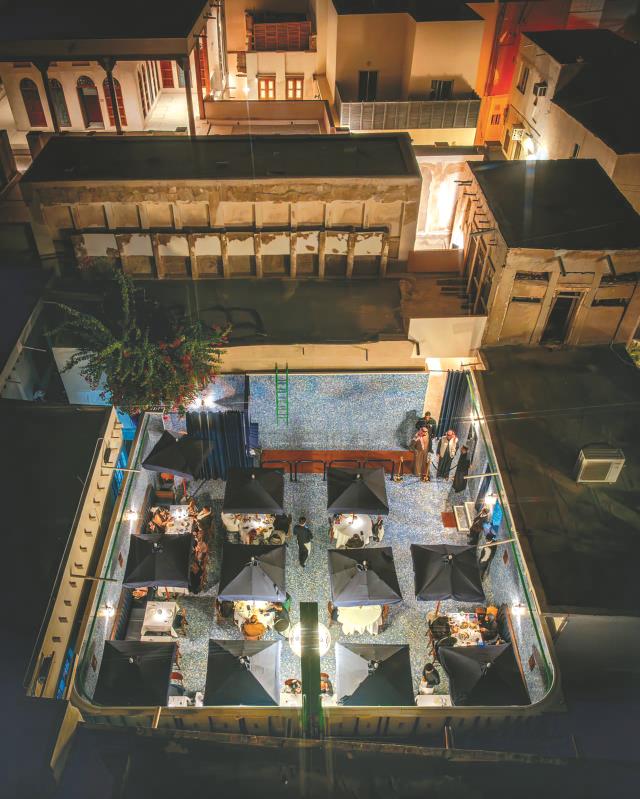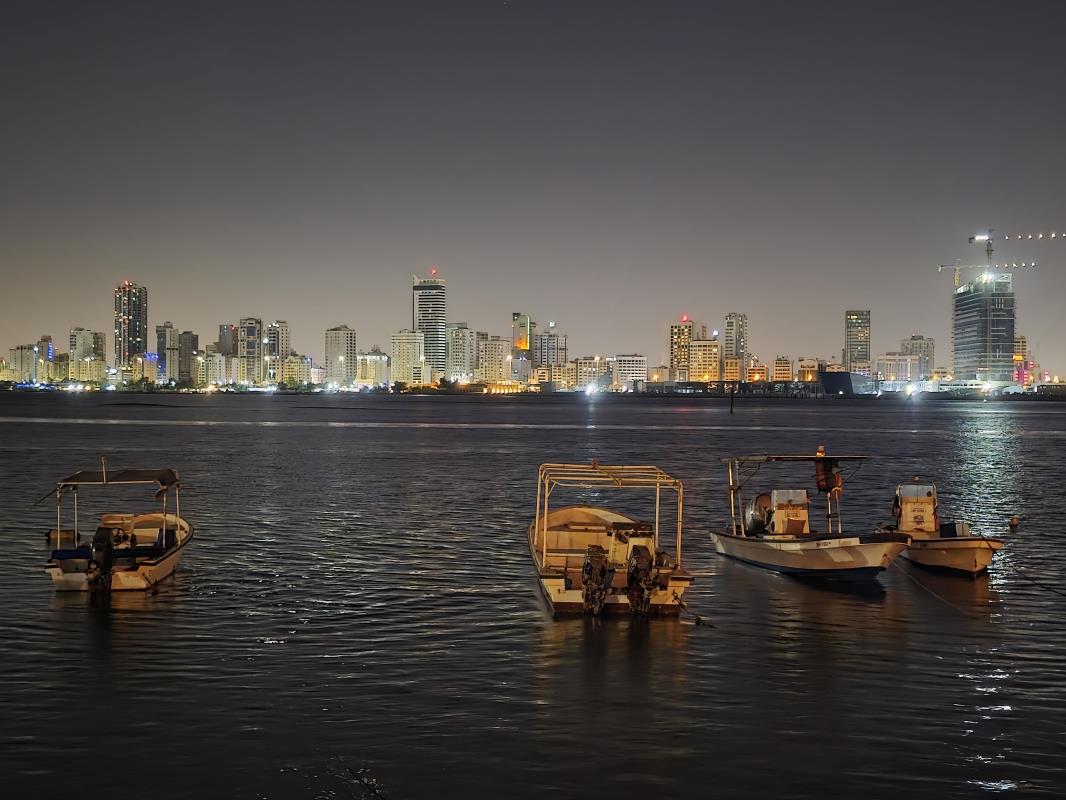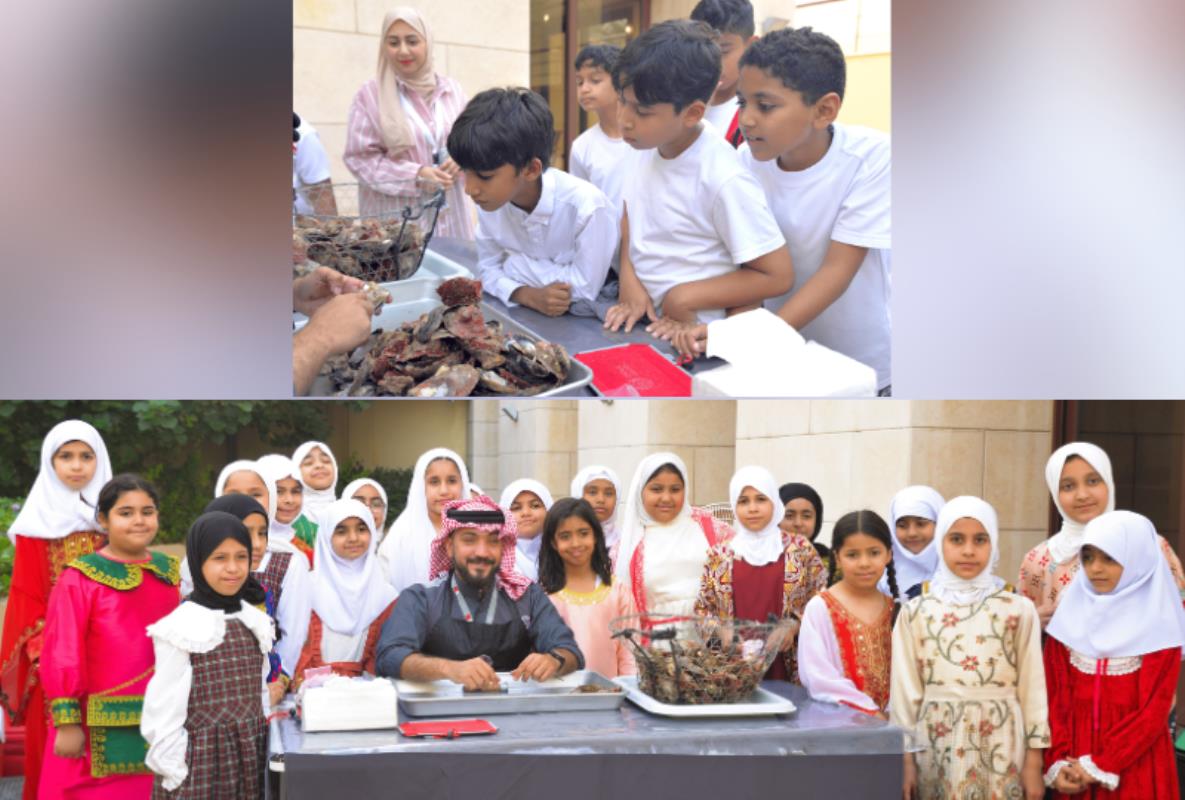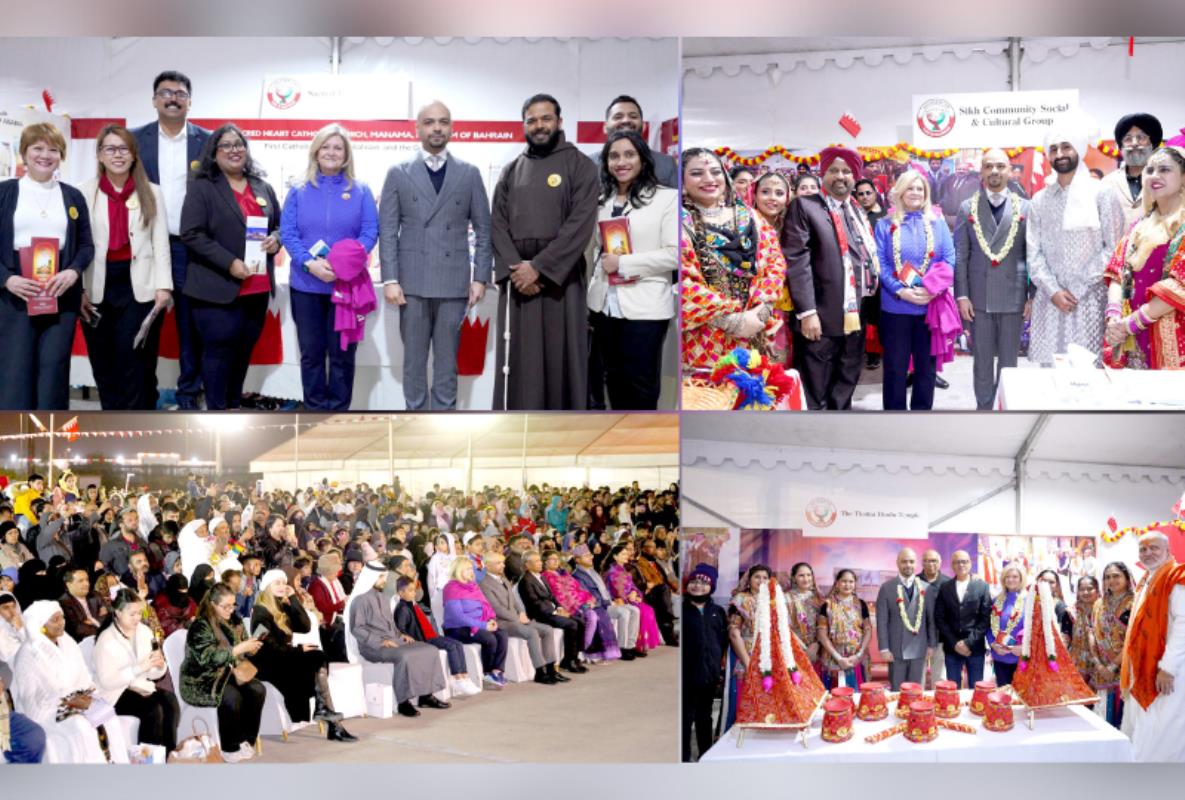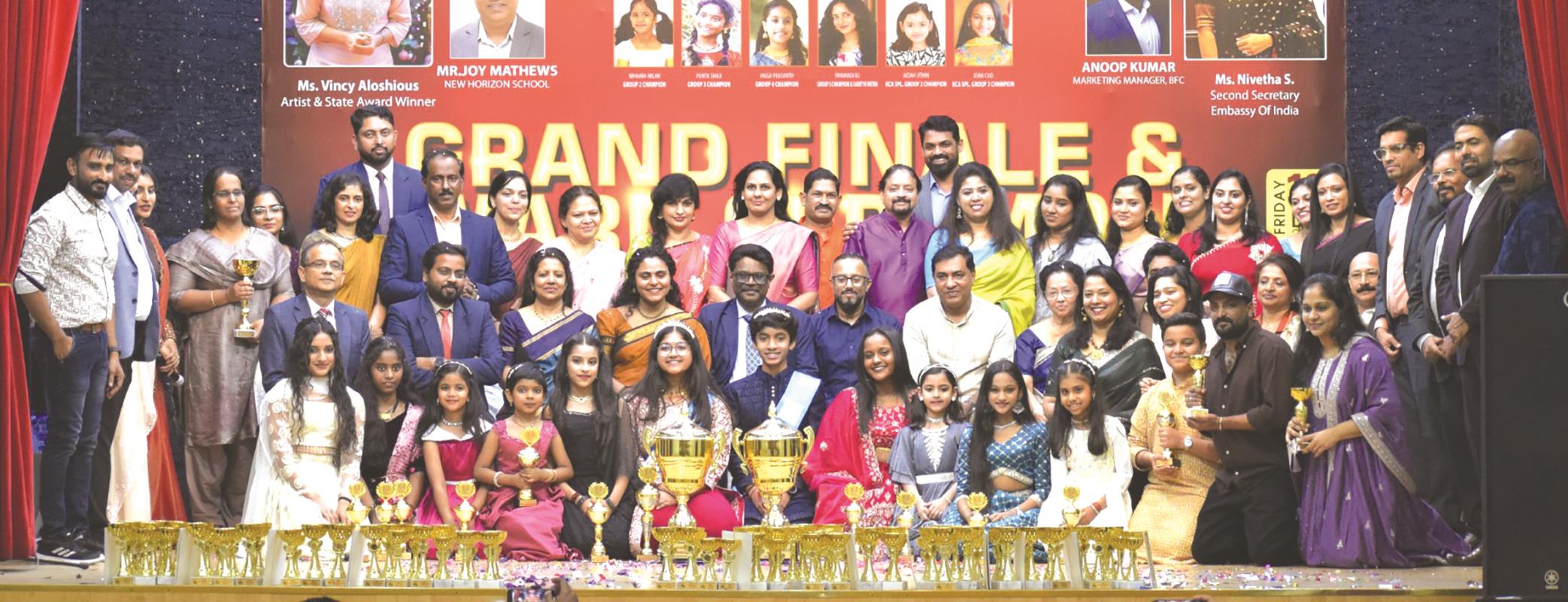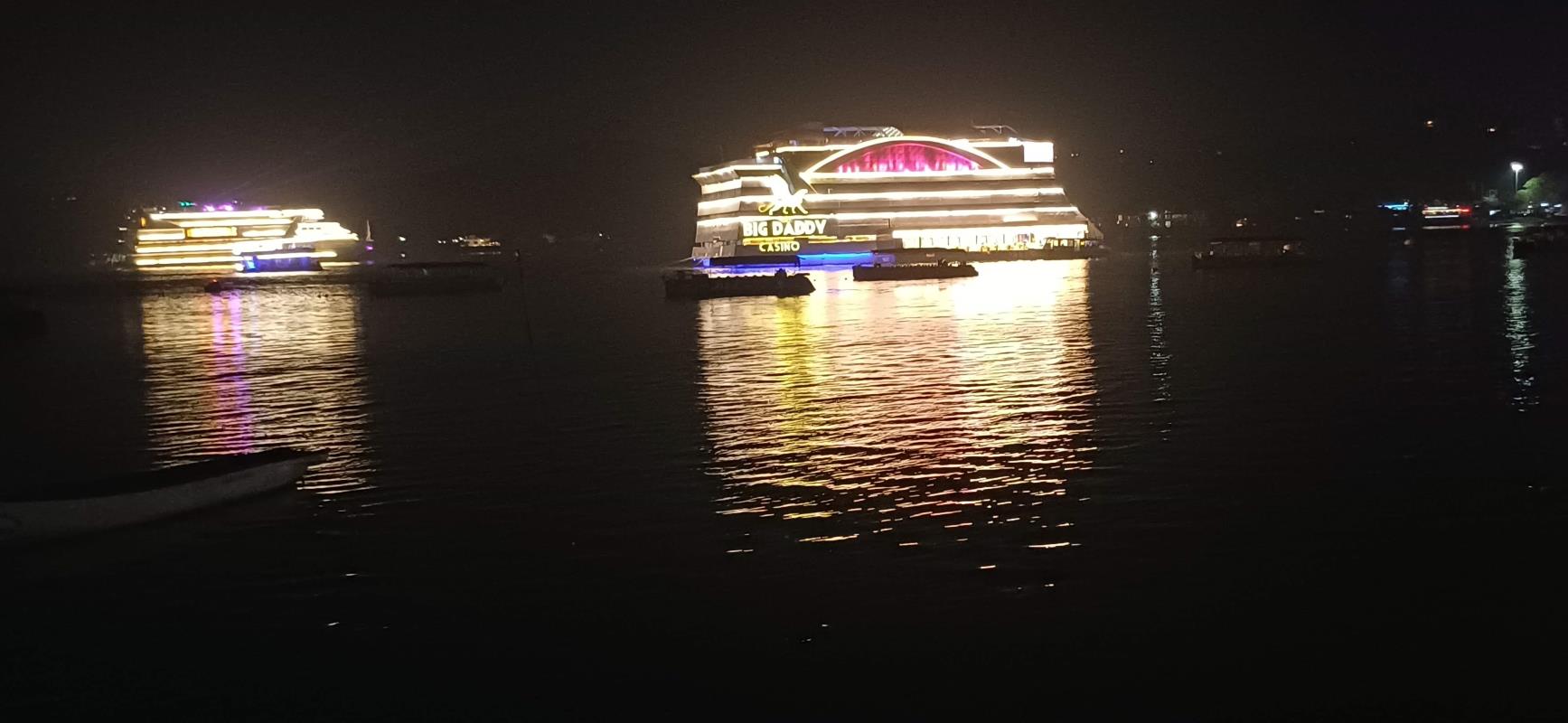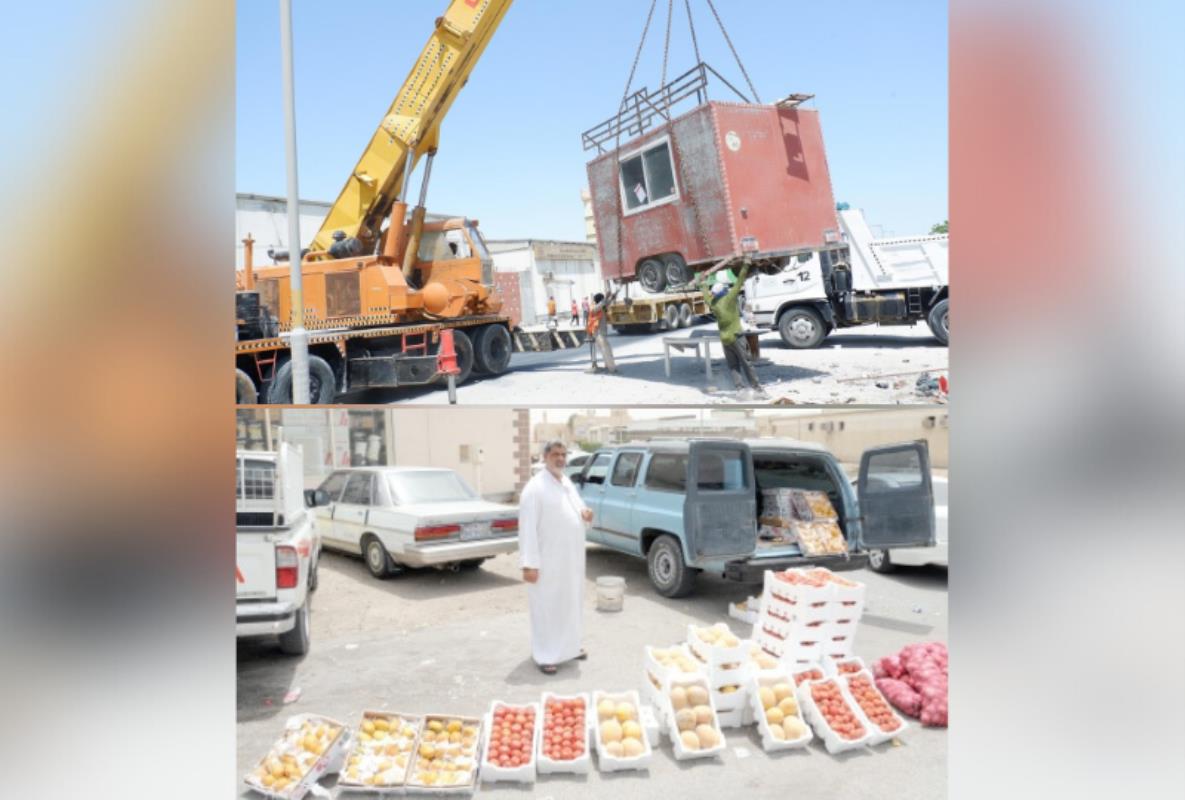The music from an Irish Céilí Band is to me energizing and heartening. A perfect Celtic fusion between traditional instruments; the accordion, the fiddle, the keyboard, the tin whistle, the bodhràn and the drums. All blending in unison to create a perfect melody that triggers a toe tapping sensation and causes your limbs to twitch to the rhythmic beats to hornpipes, jigs and reels. My father and I would head off to neighbouring towns and counties to the dance the night away of a Friday night after a long school week. I would spend the night running around the hall with my friends, joining in on my favourite dances and eating my fill of triangles sandwiches and cream buns as the adults nattered and danced, the music giving life and energy to all who allowed music into their lives.
Céilís were held both north and south of the border, a different venue every week. Tonight’s céilí was in the Keady, a small town in South Armagh; Bandit country as many called it. The journey takes us less than thirty minutes, the only initial notable change in jurisdiction being the change in road signage from Kilometres to miles and Union Jack flags flying proudly to let us know that we were now in the Queen’s country. However, about two miles past the Monaghan/Armagh border, there is a strip of road of about 600 metres that we’d bump and jolt our way over slowly. It turned, twisted and snaked; a section of the road that Daddy tells me was blown up by the Irish Republican Army. A strip of road like a serrated piece of paper pieced back together but having never fully sealed and healed.
Upon entering the town of Keady Daddy slows the car to pass over the many speed ramps. There are galvanised barracks stretching up 30 metres to our left and right with coiled barbed wire running around the top. Cameras with their flashing red light, follow our every movement through peep holes in the steel structures. An ominous greeting of fear and intimidation. Flashing blue lights indicate that we are coming up to the checkpoint. An armed soldier in a khaki uniform waves us down. Daddy lowers the Kilfenora Céilí Band tape he has been playing and rolls down his window. My heart skips a few beats in absence of the music.
The soldier takes a quick look inside the vehicle, flashing his torch from Daddy in the front, to me in the back. Having taken a quick head count, he walks to the boot of the car to have a check in there too. He returns and asks us where we’re headed and in his Northern English accent he queries, “A céilí? What’s that then?” Daddy explains that it is a dance held further down the town in St. Patrick’s Hall. Daddy tells him that we attend these dances every Friday dotted around the bordering counites. I find myself staring at the young soldier, a man no older than my eldest brother Kieran who just turned 22. He keeps us chatting and laughs as he tells us it’s music to his ears having never heard of a céilí before, while the soldier in the hut runs our car registration through the system. We get the approved thumps up from the hut and the young English solider lets us on our way wishing us a good evening and to have a dance on his behalf. As Daddy rolls up the window, the soldier winks at me and I smile, releasing my breath that I have been holding unawares.
My heart begins to beat at a normal pace again and as we come closer to St. Patrick’s Hall the familiar sound of the céilí band echoes through the open windows and exit doors of the hall. It warms my senses and fills me with that Friday feeling once again. I jump from the car and almost hop, skip and dance my way towards the entrance when the ground shudders violently under my feet and the sound of an immense explosion rings in my ears. I cower to the ground, covering my heads and ears in an instinctive reaction. Daddy and I remain crouched until we realise, we are safe and that the blast has come from the direction we have just passed through. Unsynchronised car and house alarms are set off and a cloud of thick grey smoke fills the air over the check point. Daddy ushers me inside. The céilí band have stopped and a murmur fills the room. Later we hear that the Irish Republican Army have claimed responsibility. The English soldier is dead and his thumbs up colleague in the hut too. The music has stopped for the night. No rhythm, no beats, no life, no heart. I won’t get to have that dance for the young soldier.




































